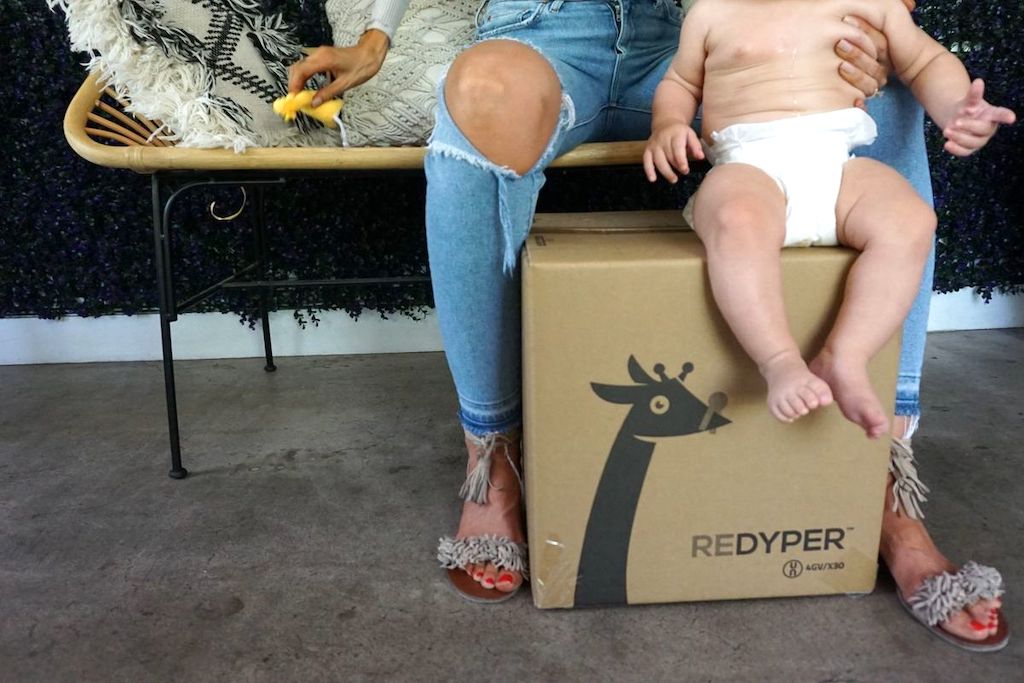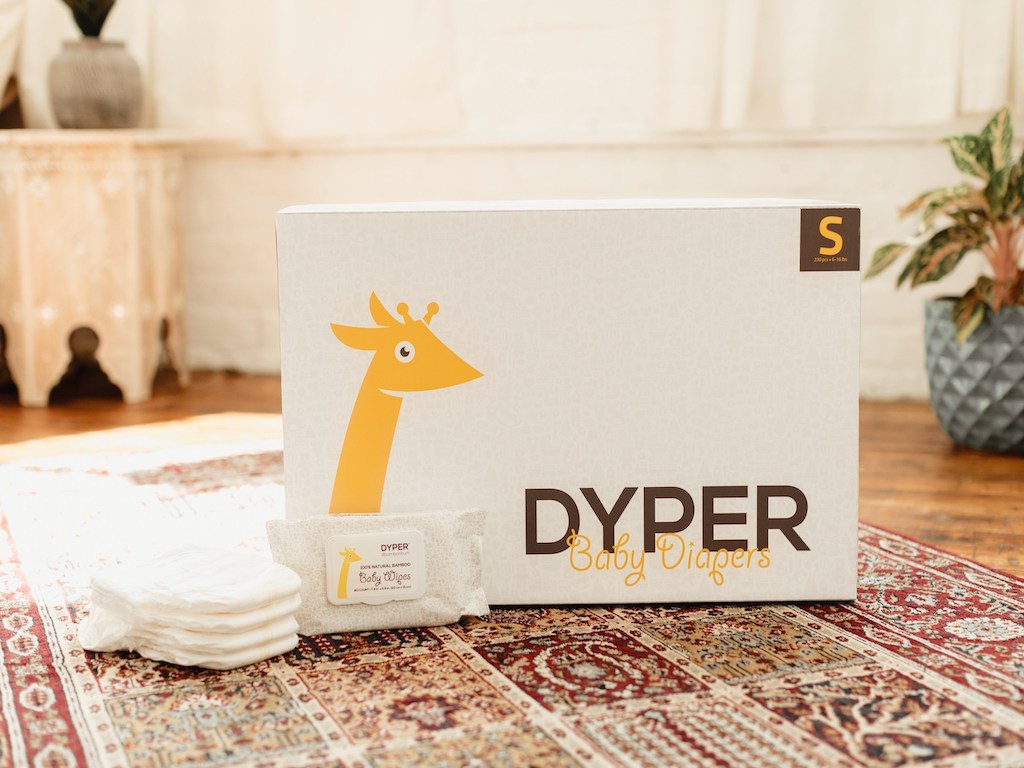3 Mins Read
Dyper, a bamboo diaper subscription platform based in the United States, has recently started a new ReDyper program in partnership with recycling company TerraCycle to take back used nappies from customers to compost them. Launched last month, Dyper’s subscribers can send back soiled diapers in the provided hazmat-approved bags and boxes to TerraCycle, where the company will turn nappies into compost for public landscaping projects. The program launch comes as more businesses are creating circular solutions for parents to cater to growing eco-conscious consumer demand for more sustainable options.
Founded in 2014, Dyper is a diaper subscription company based in the Greater Phoenix Area in the United States that delivers its subscribers compostable diapers every month. Their plastic-free diapers are made from responsibly sourced bamboo, and are 100% free from synthetic ingredients such as chlorine and latex, which are common in conventional brands.
Now, the startup is partnering up with Franco-US-based waste management company TerraCycle to launch a ReDyper program where customers can send back soiled diapers using the provided hazmat-approved packaging and a prepaid shipping label. The used diapers then arrive at an industrial compost facility, where they are turned into material for public landscaping projects, such as highway medians. For now, the service is only available within the United States.

A regular box from Dyper, which delivers anywhere from 100 to 260 diapers per week depending on the subscription plan, costs an average of US$68 per month, and customers can bring the used nappies to a local compost facility. Adding on the ReDyper option will cost an additional US$39 each month, but will make the composting process easier, especially for those who may not live near a compost plant. It will also ensure that soiled diapers do get properly composted and are diverted from landfills.
Compared conventional nappies that usually contain plastic ingredients and are not compostable or biodegradable, Dyper’s nappies and its new composting made-easy program leaves behind a fraction of waste. According to the Environmental Protection Agency (EPA), babies in the United States alone contribute 24 million diapers every year. Globally, with the average baby needing about 6,000 diapers before being potty-trained, the amount of landfilled waste from nappies exceeds millions of tonnes annually.
To further limit the environmental impact of diapers, Dyper says that they will purchase carbon offsets on behalf of all customers on all deliveries in partnership with crowdfunding carbon reduction project Cool Effect. In conversation with The Verge, Dyper CEO Sergio Radovcic said that in the future, the company will roll out more plans to “limit the further impact of shipping the diapers to and from our composting locations” under its new ReDyper program.

ReDyper is not the only company providing sustainable solutions to cater to a growing demographic of parents who are becoming more aware of the environmental impact of their purchases and consumption habits. Happy Baton, for instance, is Hong Kong’s first online toy library that offers users monthly subscription plans to rent a rotation of high-quality preloved toys for young children with the mission to divert toys – often made from petroleum non-biodegradable plastics – from landfills and oceans.
Retykle, on the other hand, is selling second hand designer baby and childrenswear at a fraction of retail prices in a bid to lengthen the lifespan of quality garments that require massive resources to produce, but are quickly outgrown and end up as textile waste.
Outside of the babies and children’s products industry, TerraCycle has had success in launching circular solutions in the broader consumer market. Last year, the company launched reusable packaging e-commerce platform Loop, which saw major brands such as Haagen-Dazs ice-cream, Tropicana fruit juices and Ariel laundry powder all partner up to offer reusable and returnable product services.
Lead image courtesy of Dyper.




